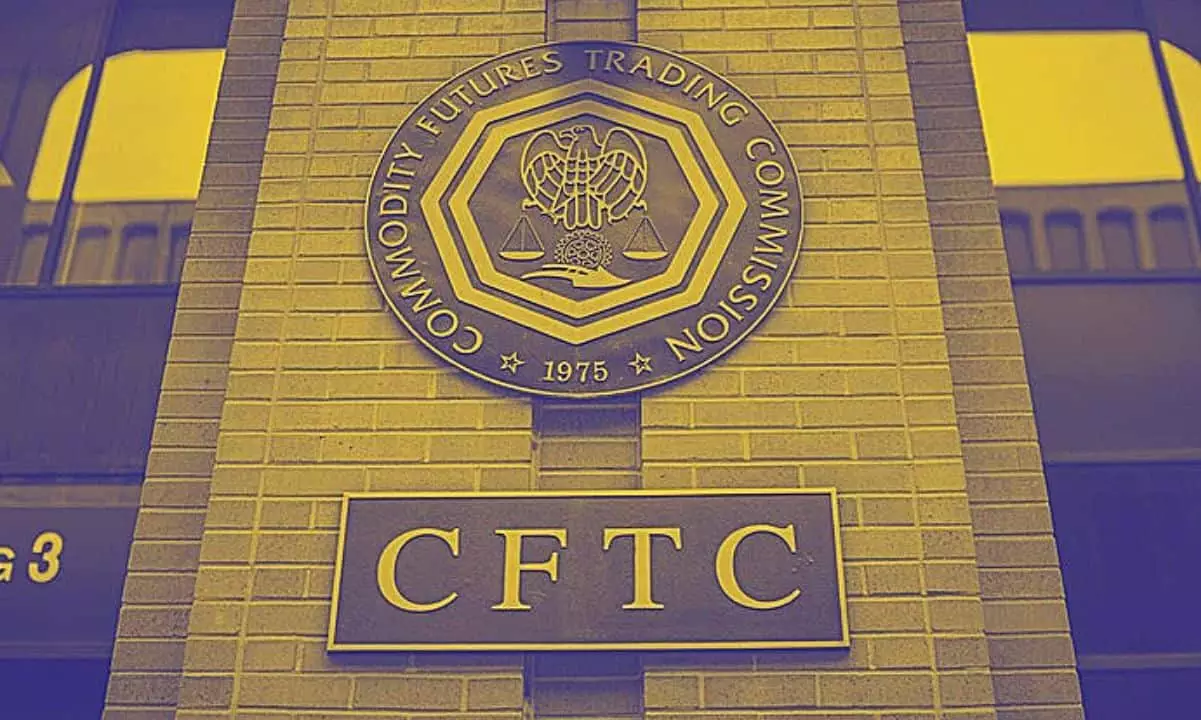As the landscape of financial regulation in the United States continues to evolve, recent leadership changes at key regulatory agencies signify potential shifts in policy and enforcement strategies, particularly in the realm of digital assets. The Commodity Futures Trading Commission (CFTC) is at the forefront of these changes, with Acting Chair Caroline Pham’s recent appointment of Harry Jung as Acting Chief of Staff. This decision reflects a broader realignment following Pham’s interim elevation by President Donald Trump, underscoring the administration’s intentions as it begins to shape its regulatory landscape.
Harry Jung’s extensive background, which includes strategic roles at Citigroup and various regulatory positions, positions him well to spearhead the CFTC’s initiatives related to cryptocurrencies and digital assets. One of the critical aspects of his new role will involve building upon Pham’s efforts to create a conducive regulatory environment for emerging technologies. Pham’s leadership has already initiated the formation of a Digital Asset Markets subcommittee and her proposal for a regulatory sandbox exemplifies a progressive approach towards innovation. This sandbox is intended to cultivate an environment for testing new technologies with reduced regulatory burdens, thereby potentially propelling the U.S. to a leading position in the global digital asset landscape.
As the CFTC navigates these changes, the impending departure of former Chair Rostin Behnam on February 7 adds further uncertainty. Behnam’s tenure was marked by a staunch commitment to stringent market oversight, particularly concerning cryptocurrencies. His collaborative enforcement measures, such as the substantial $2.7 billion settlement with Binance, illustrate the aggressive stance taken against perceived violations in the rapidly evolving digital asset space. The decision to subpoena Coinbase for customer information linked to regulatory infractions further demonstrates a proactive approach to maintaining industry integrity, even amidst expectations of leadership turnover.
Compounding the shifts at the CFTC, the U.S. Securities and Exchange Commission (SEC) is also experiencing significant transitions. Mark Uyeda, appointed temporarily by President Trump to replace Gary Gensler, has already been vocal about opposing Gensler’s stringent crypto policies. Uyeda’s affiliation with a more lenient regulatory perspective raises questions about future enforcement actions against digital asset firms, especially those not engaged in fraudulent activities. Trump’s nominee for permanent SEC chair, Paul Atkins, is another proponent of a more supportive regulatory environment for cryptocurrency markets.
Additionally, the recent change at the Federal Deposit Insurance Corporation (FDIC) with Travis Hill stepping in as temporary chair following Marty Gruenberg’s exit suggests a wider ripple effect across regulatory bodies. Each agency’s evolving leadership represents a broader narrative of the Trump administration seeking to recalibrate financial oversight, particularly regarding the burgeoning digital asset markets.
The confluence of these leadership changes at the CFTC, SEC, and FDIC indicates a possible pivot towards a regulatory environment that fosters innovation while still addressing the inherent risks associated with digital assets. The focus now lies on how effectively these new leaders will interpret their mandates amidst growing demands for clarity and fairness in regulatory practices. As the industry anticipates these leaders’ actions, the balance between oversight and technological advancement remains crucial in shaping the future trajectory of finance in America.

